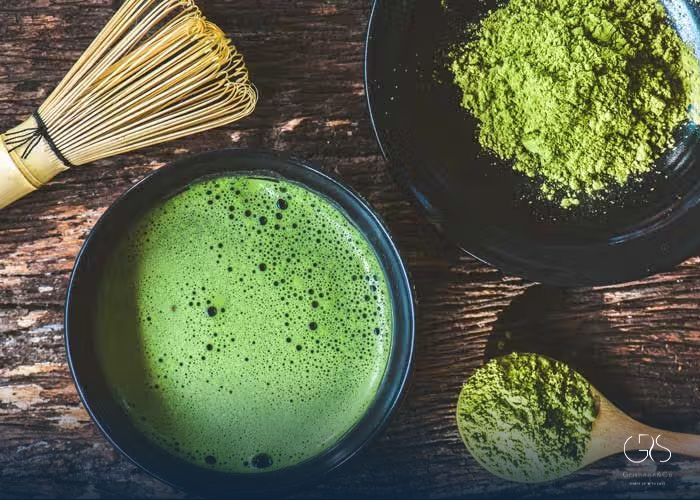In today’s world, where maintaining a healthy weight and lifestyle is paramount, the role of appetite suppressants cannot be understated. While there are numerous artificial supplements available on the market, many people are now turning to natural options as a safer and more sustainable way to control their hunger. In this article, we will explore various natural appetite suppressants such as high-fiber foods, fenugreek, chili peppers, lean protein, healthy fats, yerba mate, green tea, dark chocolate, medications, and other tips for appetite control.
High-Fiber Foods
Consuming high-fiber foods is a well-known method for suppressing appetite due to their ability to promote feelings of fullness. Statistics show that only 5% of adults in the US consume an adequate amount of fiber, highlighting the importance of including fiber-rich foods in our diets. Legumes, whole grains, fruits, and vegetables are excellent sources of fiber that can aid in appetite control.
Fenugreek and Chili Peppers
Fenugreek is a herb that has been used for centuries in traditional medicine for its appetite-suppressing properties. Additionally, chili peppers contain capsaicin, a compound known to reduce appetite and increase calorie burning. Incorporating fenugreek seeds or chili peppers into meals can help curb cravings and support weight management.

Lean Protein and Healthy Fats
Consuming lean protein sources such as chicken, fish, lentils, and tofu can help control hunger by promoting satiety. Similarly, healthy fats found in foods like avocados, nuts, and olive oil can also aid in appetite suppression. These nutrient-dense options can be valuable additions to a balanced diet aimed at reducing excess food intake.
(If you’re interested in olive oil or avocado oil , check out this informative article)
Yerba Mate and Green Tea
Yerba mate and green tea are popular natural appetite suppressants that contain compounds like caffeine and catechins, which have been shown to boost metabolism and reduce hunger. Studies suggest that green tea consumption can lead to significant weight loss and may be a valuable tool in appetite control.
(Read more about the benefits of green tea)

Dark Chocolate
Dark chocolate, rich in antioxidants and flavonoids, is known for its appetite-suppressing effects. Consuming a small piece of quality dark chocolate can help satisfy cravings and prevent overeating. However, moderation is key as excessive consumption can counteract its potential benefits.
(I recommend you read my article on the benefits of dark chocolate.)

Medications That Suppress Appetite
While natural options are preferred for many individuals, certain medications can also assist in appetite control. Prescription medications like phentermine and topiramate are commonly prescribed for weight management. Over-the-counter (OTC) medications like glucomannan supplements also claim to reduce appetite, but their effectiveness may vary.
Other Tips for Appetite Control
- Stay Hydrated: Drinking an adequate amount of water throughout the day can help prevent dehydration, which is often mistaken for hunger.
- Mindful Eating: Paying attention to hunger cues and eating slowly can aid in recognizing fullness and preventing overeating.
- Regular Exercise: Engaging in physical activity not only burns calories but can also regulate appetite hormones and reduce cravings.
Conclusion
Natural appetite suppressants offer a holistic approach to managing cravings and promoting weight loss. By incorporating high-fiber foods, fenugreek, chili peppers, lean protein, healthy fats, yerba mate, green tea, dark chocolate, and other strategies into one’s lifestyle, individuals can achieve sustainable appetite control. Prioritizing whole, nutrient-dense foods, staying informed about potential medication options, and adopting mindful eating habits are key steps towards achieving a healthier relationship with food and body.
In the quest for improved health and well-being, understanding and utilizing natural appetite suppressants can be a valuable tool. By combining diverse approaches and maintaining a balanced approach, individuals can empower themselves to make positive choices that support their long-term health and weight management goals.
Remember to consult with a healthcare professional or nutritionist before making significant changes to your diet or incorporating medication for appetite control.
Sources
- Harvard T.H CHAN School of Public Health, Fiber
- National Library of Medicine, Green tea for weight loss and weight maintenance in overweight or obese adults










